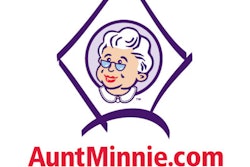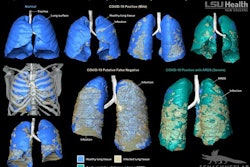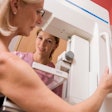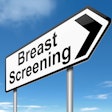Dear AuntMinnie Member,
The COVID-19 pandemic has put an indelible stamp on 2020, and this year's Minnies awards are no exception. We announced the winners of the 2020 event on Wednesday, and several categories demonstrated the impact the outbreak has had on medical imaging.
For example, the Minnies expert panel named the COVID-19 pandemic the Most Significant News Event in Radiology, while the Best Radiology Image laureate was a set of lung images of a COVID-19 patient reconstructed with a sophisticated 3D algorithm.
On the positive side, a number of Minnies categories this year were won by female candidates, perhaps a recognition of the contributions women are making to radiology.
Read about all of the winners in our Minnies wrap-up article. Congratulations to the winners, finalists, and semifinalist candidates!
PET with Axumin
The American Society for Radiation Oncology (ASTRO) virtual meeting wrapped up this past week, and we were pleased to cover all the proceedings in our Radiation Oncology Community. The most-viewed article of our ASTRO 2020 coverage described a study using a relatively novel PET radiotracer, fluciclovine F-18, sold commercially as Axumin, to guide radiation therapy of prostate cancer.
Researchers from Emory University found that PET with Axumin was a helpful add-on to conventional medical imaging to guide decisions about which patients can benefit from radiation therapy following prostatectomy.
Also in the community, read about a study from ASTRO 2020 that found that access to radiation therapy in the U.S. has been getting better -- with the exception of in rural areas. Another study found that Asian Americans are underrepresented in radiation oncology clinical trials, while another group found that an ultrashort stereotactic body radiation therapy method was safe and effective for treating lung metastases, with fewer treatment sessions needed.
Get these stories and more in our Radiation Oncology Community.
Genetic breast cancer testing
Finally, researchers have been looking for ways to make breast cancer screening more targeted by focusing on women who are at higher risk of cancer rather than using the current one-size-fits-all approach. Could genetic testing help?
In a presentation at this week's American Society of Human Genetics meeting, researchers pondered whether genetic testing should be offered to women through age 65 (women this old don't usually qualify for testing). They found that these older women who had breast cancer were more likely than their peers to have genetic variants that put them at risk of cancer.
Read all about this story in our Women's Imaging Community.



















